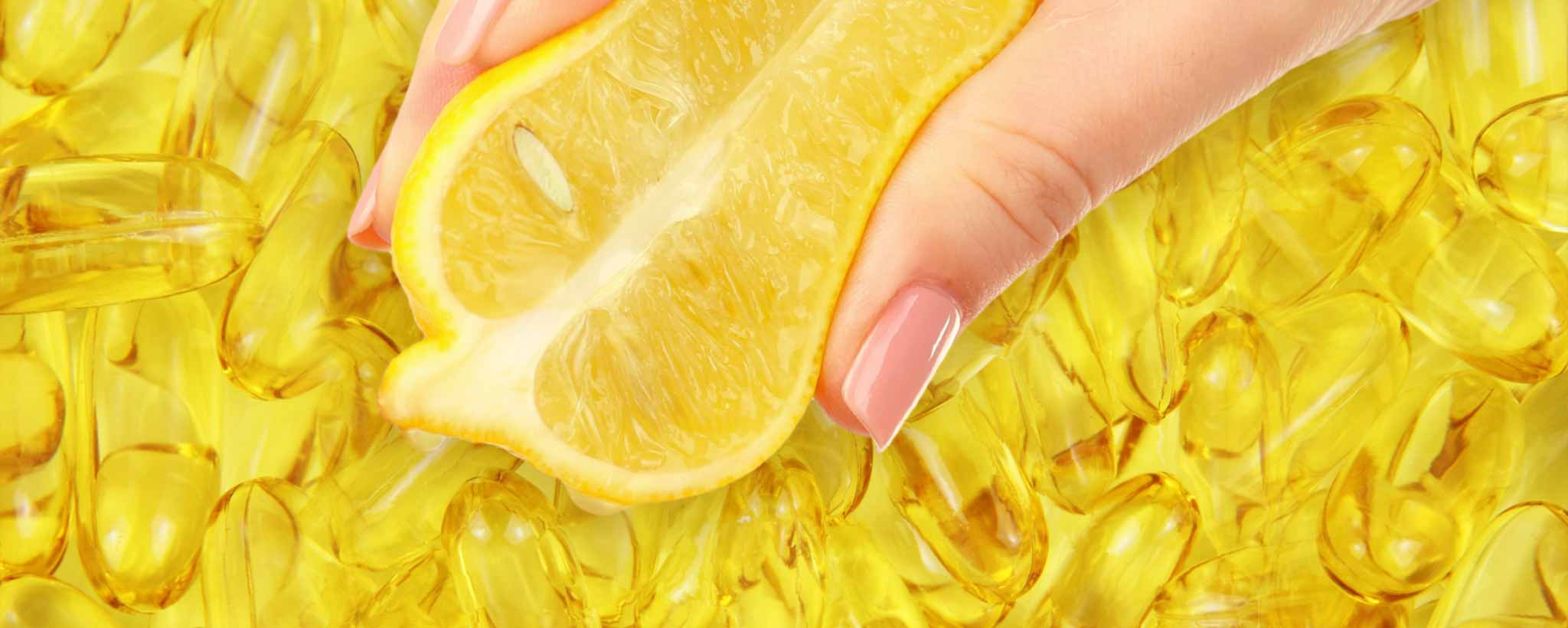As much as 12 percent of the population is allergic to nickel.
Allergic To Jewelry
About a quarter of the population has one or more allergies. Though in the minority, this percentage represents over 2 billion people worldwide. The reaction to triggers varies from one person to another.
Some people are more prone to airborne allergens; others have food or drug allergies, while some battle contact dermatitis. The prevalence of food and skin allergies in children under 18 increased over the years 1997–2011.
If you experience rashes or itching from wearing certain metals, shopping for jewelry can be challenging. You may or may not react to nickel, copper, bronze, or the natural oxidation of metals. Jewelry is rarely a single metal.
The science of combining alloys is called metallurgy. One component may prevent corrosion. Another contributes to luster. An additional metal can provide strength. Formulations vary across manufacturers.
Itching For Something Shiny
About 6–12 percent of the population is allergic to nickel. Corrosion-resistant stainless steel sometimes contains nickel. It has a minimum of 10.5 percent chromium by mass and a maximum of 1.2 percent carbon by mass. Molybdenum reduces pitting. Increasing chromium and nickel contents provide increasing resistance against ammonium hydroxide.
Months before the Apple Watch launched in 2015, the Bloomberg report claims some employees testing the device began having allergic reactions to the type of nickel used in its casing. This led Apple’s operations chief, Jeff Williams, to scrap thousands of already-produced units and restart manufacturing with a different kind of nickel.
Solid Metals
Hypoallergenic jewelry is typically made out of pure metals such as platinum, 18k gold, titanium, copper, tungsten, stainless steel, fine silver, or sterling silver. Sterling silver is 92.5 percent silver. The remaining 7.5 percent varies, often containing zinc, copper, or nickel.
Plated Metals
Inexpensive jewelry has an alloy base that is plated with one of these purer metals. This reduces allergic reaction until, perhaps, the plating wears away, exposing other metal elements.
Stainless Steel
Surgical stainless steel refers to various biomedical-grade (austenitic 316 stainless, martensitic 440, 420 stainless) steels. Some are used for food-grade cutlery or specific pieces of jewelry like earring posts—especially following a recent piercing.
Because fingertips produce oils and come in contact with possible allergic contaminants, it is wise to periodically clean earring posts with alcohol. Most stainless steel alloys (even surgical stainless steel) contain 8–12 percent nickel.
Plated jewelry is fine for occasional contact with skin. Remove it when swimming, bathing, exercising, and cleaning. It is difficult to keep track of which chemicals degrade jewelry’s finish. Rings, watches, and wedding bands worn frequently should be made of solid precious metal or stainless steel.
What Does Hypoallergenic Mean?
Hypoallergenic is a commonly misunderstood word. Without U.S. regulation, it simply means that the manufacturer takes some steps to reduce allergic reactions. Since allergy sufferers have different triggers, it is difficult to guarantee zero reaction for everyone.
ClinicalPosters outsources the manufacturing of ClinicalPins to several suppliers. The only way to establish a standard for hypoallergenic products with different underlying alloys is to apply a durable non-metallic clear coating. We dip or spray items in this crystal clear coating formulated especially for jewelry. This process takes up to 24 hours, adding another barrier of protection between potentially irritating metals and sensitive skin.

ClinicalPins cure following application of tarnish-prevention sealant.
Even though most ClinicalPins have a clear coating, not all require it. This is less of a concern for jewelry not having prolonged contact with skin. Items worn on clothing, such as lapel pins and brooches, are examples, though most with precious metal plating still have a clear coating. Some pins are enameled or hardened rubber; others are stainless steel. Non-metallic clear coatings can stiffen fine chains.
You may be in the majority of people without allergies or in the minority of those who have at least one. Product pages indicate which pieces have hypoallergenic tarnish-resistant sealant so everyone can be A Bit More Healthy. All ClinicalPins jewelry comes with a satisfaction guarantee, so if there are any issues, you may return it for a refund within 30 days. Which are your favorite ClinicalPins?







 Romance & Health Intertwine. Fall in love with a captivating romance miniseries that explores the essence of well-being. Become a ClinicalNovellas member for heartwarming tales.
Romance & Health Intertwine. Fall in love with a captivating romance miniseries that explores the essence of well-being. Become a ClinicalNovellas member for heartwarming tales.





